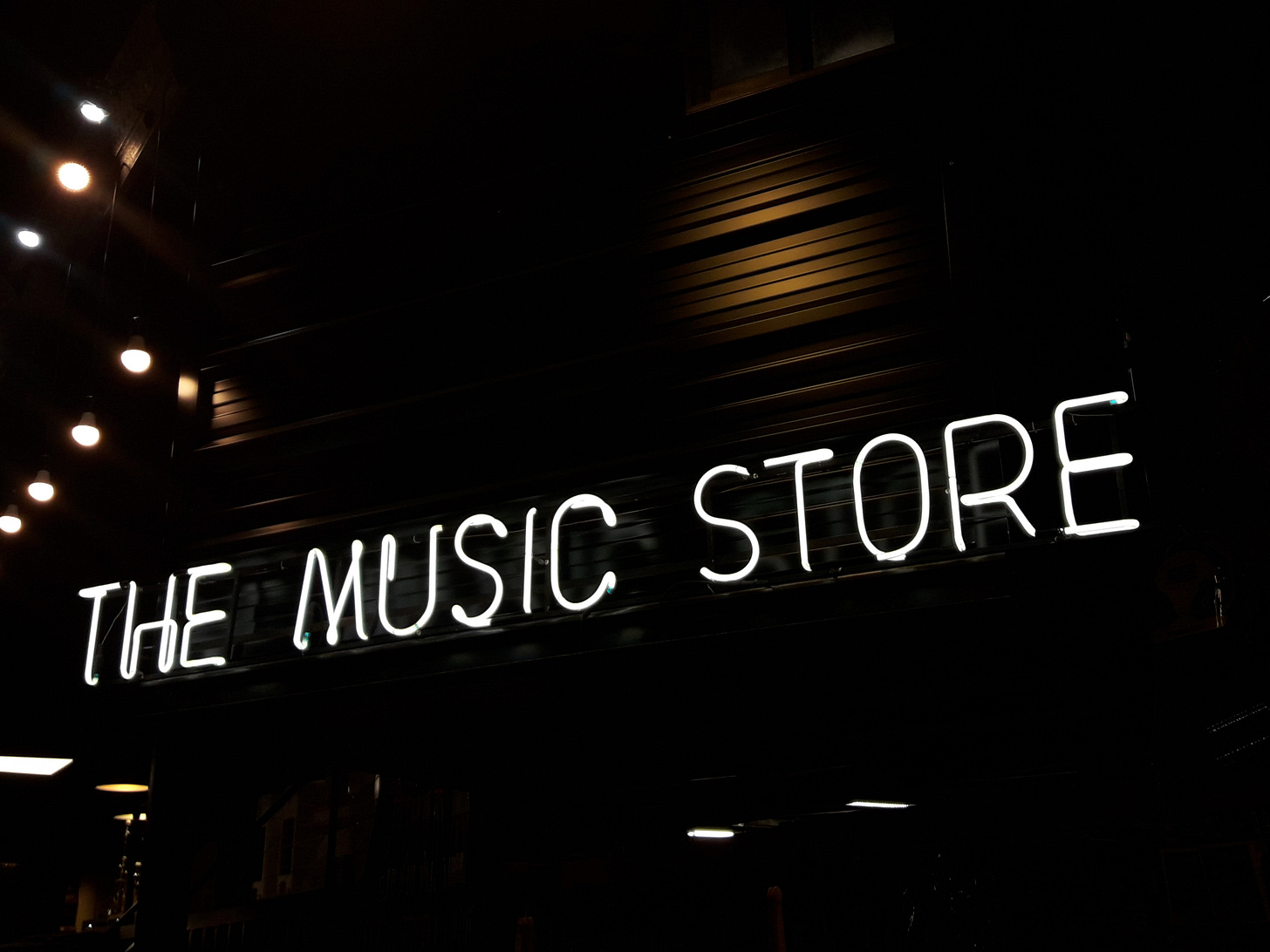Bandcamp Buyout Could Blow the Doors Open On Music Monetization
Every week offers a new possibility for musicians to make the rent.
For half a decade, Bandcamp has been held up as an idealized example of an alternative to the music streaming ecosystem dominated by Spotify. A small tech David that wasn’t so much battling big tech’s Goliath, but instead going about its business of allowing artists and/or labels to set their own pricing for music streams, downloads and physical products. And allowing those creator-centric operations to pocket an average of 82% of the revenue in the process.
That dichotomy, which was best defined in a 2020 NPR article, A Tale Of Two Ecosystems, now has the potential to be overturned with news this morning that Epic Games has acquired Bandcamp with a “shared mission of building the most artist-friendly platform that enables creators to keep the majority of their hard-earned money.”
To understand the potential impact here, a sense of scale is in order. Epic Games is a private company that was valued at $30B about a year ago when it last took on funding. Around the same time, Spotify’s public stock made it worth $67B, but its more recent Wall Street performance values the company around $27B. So another player of roughly equal value as Spotify has entered the chat.
Users numbers are also around the same, with Spotify reporting 380 million users in Q3 2021 and Epic Games marquee property, Fortnight, drawing about 300 million users. Epic also runs its own massive indie games marketplace, which draws 200 million users. But here’s where it gets really interesting…
Epic Games is the maker of Unreal Engine, which is the gaming engine upon which runs an estimated 10-20% of all video games in the world. Very loose math here, but if you consider that there are almost 3 billion games on planet earth, the means up to 600 million users are touching Epic Games, which is in the same neighborhood as the 524 million music streaming subscribers worldwide on all platforms.
Of course, apples to eggplants, gamers using Unreal Engine on the backend isn’t the same as active music listeners on Spotify. But the fact that Epic Games chose to buy a music marketplace “to build out a creator marketplace ecosystem for content, technology, games, art, music and more” is very promising. If nothing else, it suggests that in the coming decade, music will be given preferred placement in a media market that has traditionally dwarfed it by an order of magnitude. And in the short term, it also means that Bandcamp will hopefully get some of the long-awaited development assistance to make it a more robust competitor to the mega-capitalized DSPs.
All of this is only the latest in a long series of developments in and around the music industry that is giving hope to artists who have been last in line to see the financial benefits of an industry that is by any measure seeing its most profitable period in ages (possibly ever).
NFTs, despite their issues, have pulled plenty of middle-class artists out of working poor conditions in the past 12-months. The Web3 technology, which so far has only been applied to a collectible market, has the potential to create myriad more applications to help artists make more.
Meanwhile, alternative DSPs like SoundCloud and Deezer have both begun looking towards user-centric payouts which seem to more fairly distribute the continually growing pie of traditional streaming revenue, if for no other reason than it disincentivizes fake streams that makeup 3-4% of the total songs streamed worldwide. And, of course, the growth of platforms like TikTok, Roblox and Peleton, which require distinct licenses from music streaming, all add to the potential for music as a commodity to make more money.
None of this is a done deal. Just yesterday, an LA Times report on a protest by songwriters against the appallingly low rate songwriters receive for their essential contributions to the music on platforms like Spotify was a reminder of just how grim things are for many music professionals. Even those responsible for some of the biggest hits.
But while fixing the conundrum of underpaid creators in the music streaming ecosystem seemed like an impossible task just a few years ago, there is now plenty of potential avenues worth exploring. Bandcamp Fridays was just the beginning.
Please consider donating to UNICEF or the International Committee of the Red Cross to help those caught in conflict. 🇺🇦
TAKEAWAYS
Salient statements from this week’s music news.
1. What Pandemic? Tomorrowland Sells Out 600,000 Tickets in 10 Minutes
Europe’s biggest rave is making up for lost time (and lost revenue) by adding a third weekend, meaning an extra 1,310,400 kick drums, by our calculations.
Takeaway: The 2022 edition will feature more than 700 artists on 14 stages over the 3 day weekends of July 15-17, July 22-24 and July 29-31. Top headliners include Diplo, Alesso, Sofi Tukker, Marshmello, Martin Garrix, DJ Diesel and Major Lazer.
2. Dolly Parton to Attend Her First SXSW With ‘Dollyverse’
Dolly Parton is the Jane Fonda of Betty Whites.
Takeaway: The icon will team up with Fox Entertainment’s Blockchain Creative Labs to give fans “an audience-centric Web3 experience.”
3. Live Nation to Cease All Business in Russia
Spotify has also closed its Moscow office and begun restricting content from state run media.
Takeaway: The concert giant, which had a Moscow office in the early 2010s as it expanded its operations in the region, has vowed not to promote shows in Russia and says it is cutting ties with Russia-based suppliers.







